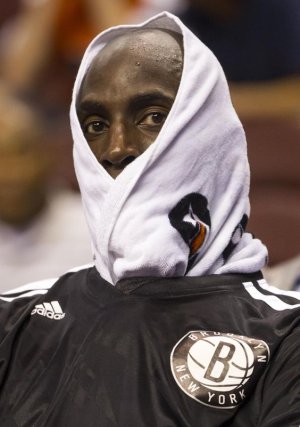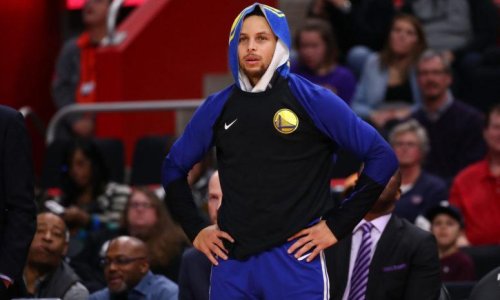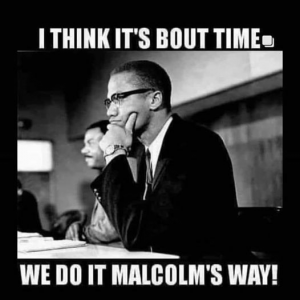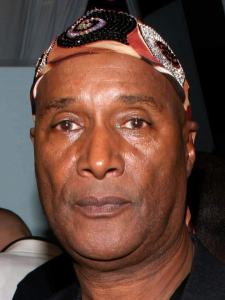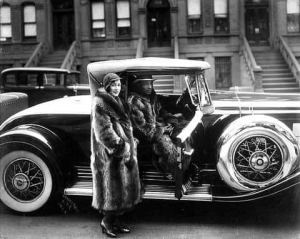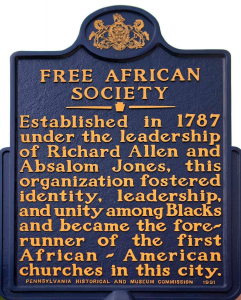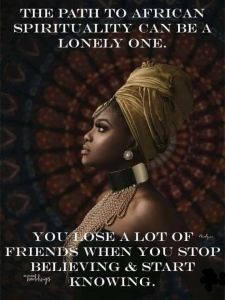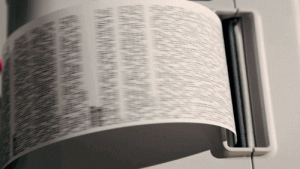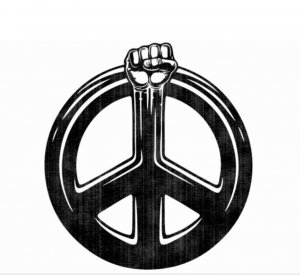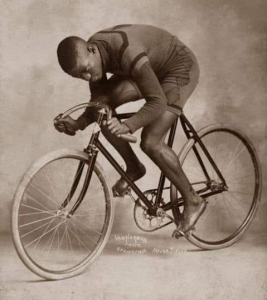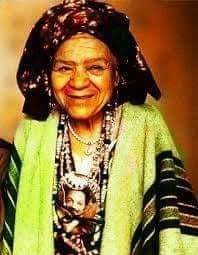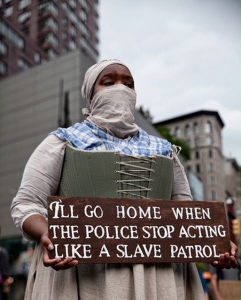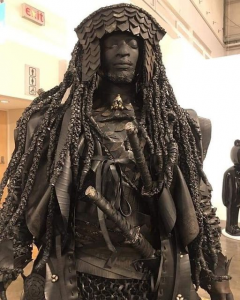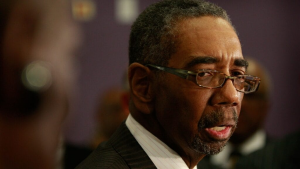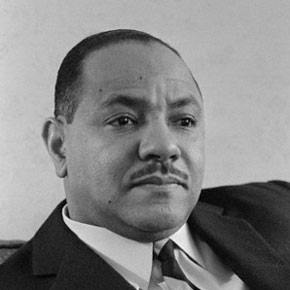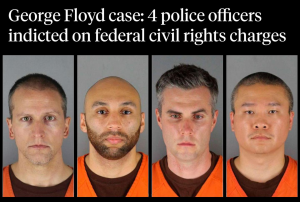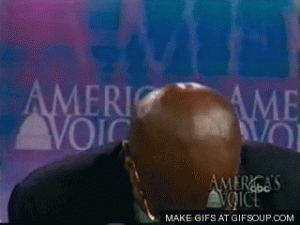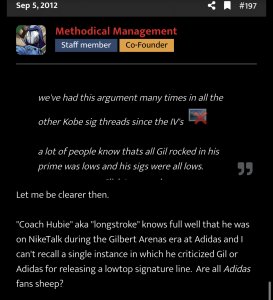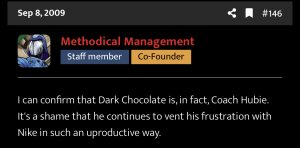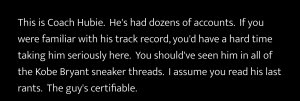- 10,957
- 19,975
- Joined
- Dec 13, 2018
What I will accept is if you state that these were Black people, and then not “other”. Just like with the current people who are called Egyptians, Those inhabitants of China, did not look like the people who reside there today. This was the reason for my initial comment to you, when you said that beer was invented in China. However, I am still standing behind the Egyptians creating it before that of China.The articles I posted actually mentioned that. They mention said Cave in Israel as well Mesopotamia in regards to BEER. He already refuses to accept that the alleged earliest finding of alcohol was China. No way he is going to accept Mesopotamia for beer.
"The Egyptians were so well known as brewers, in fact, that their fame eclipsed the actual inventors of the process, the Sumerians, even in ancient times. The Greeks, who were not great fans of the drink, wrote of the Egyptian's skill while largely ignoring the Mesopotamians."
Last edited:










 , "Mona Lisa" (1950), "Too Young" (the #1 song in 1951), and his signature tune "Unforgettable" (1951) (Gainer 1). While this shift to pop music led some jazz critics and fans to accuse Cole of selling out, he never completely abandoned his jazz roots; as late as 1956 he recorded an all-jazz album After Midnight. Cole had one of his last major hits in 1963, two years before his death, with "Those Lazy-Hazy-Crazy Days of Summer", which reached #6 on the Pop chart. "Unforgettable” was made famous again in 1991 by Cole's daughter Natalie when modern recording technology was used to reunite father and daughter in a duet. The duet version rose to the top of the Pop charts, almost forty years after its original popularity.
, "Mona Lisa" (1950), "Too Young" (the #1 song in 1951), and his signature tune "Unforgettable" (1951) (Gainer 1). While this shift to pop music led some jazz critics and fans to accuse Cole of selling out, he never completely abandoned his jazz roots; as late as 1956 he recorded an all-jazz album After Midnight. Cole had one of his last major hits in 1963, two years before his death, with "Those Lazy-Hazy-Crazy Days of Summer", which reached #6 on the Pop chart. "Unforgettable” was made famous again in 1991 by Cole's daughter Natalie when modern recording technology was used to reunite father and daughter in a duet. The duet version rose to the top of the Pop charts, almost forty years after its original popularity.











